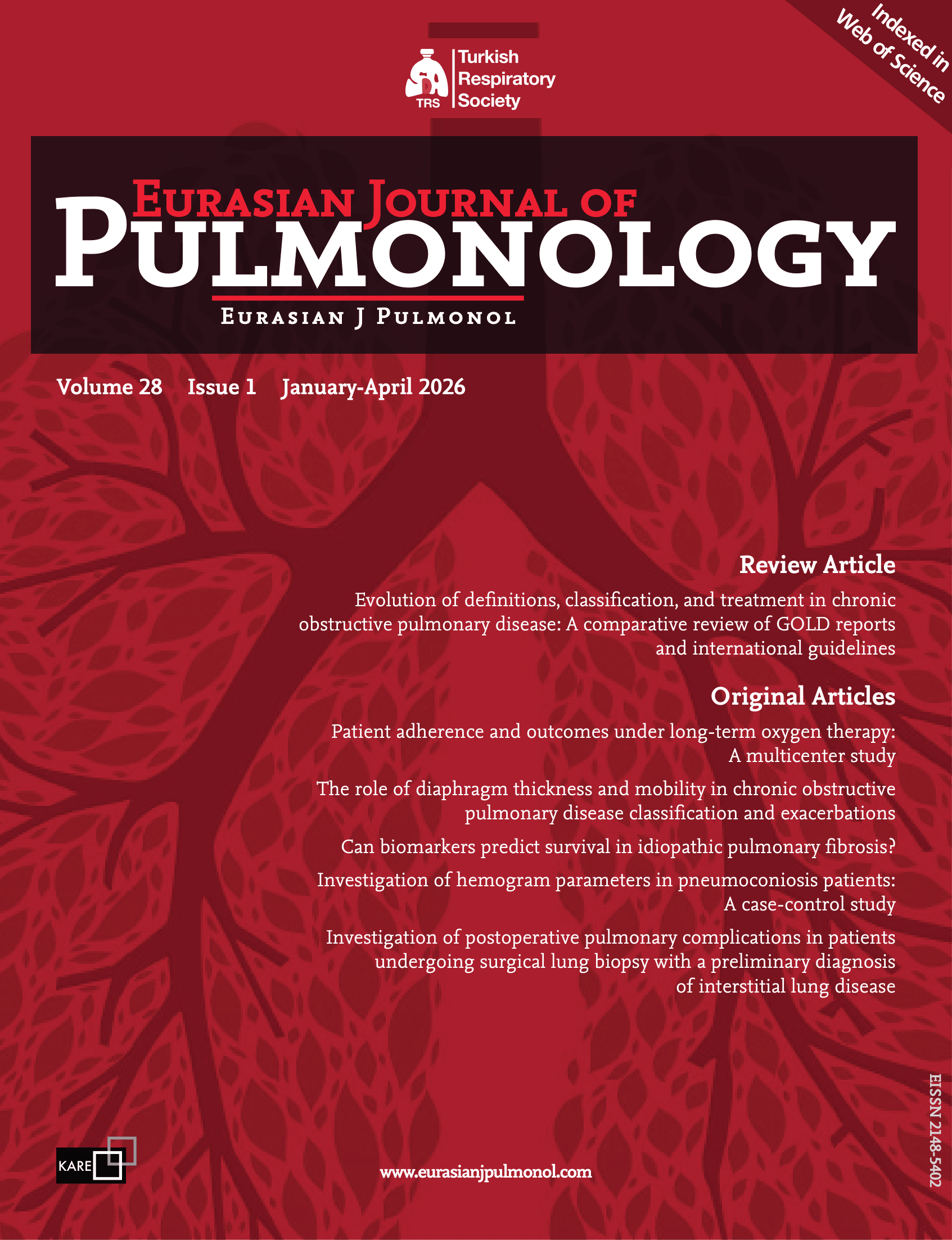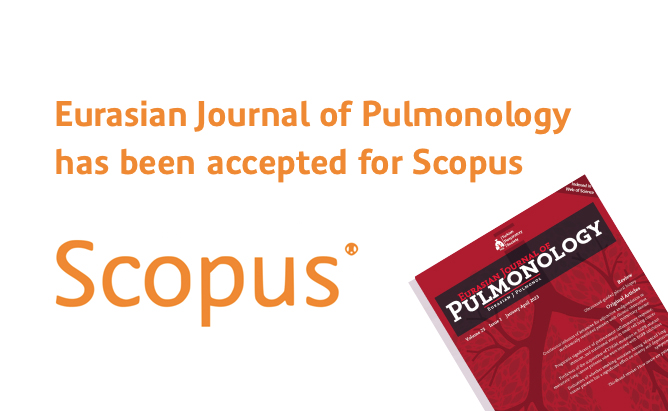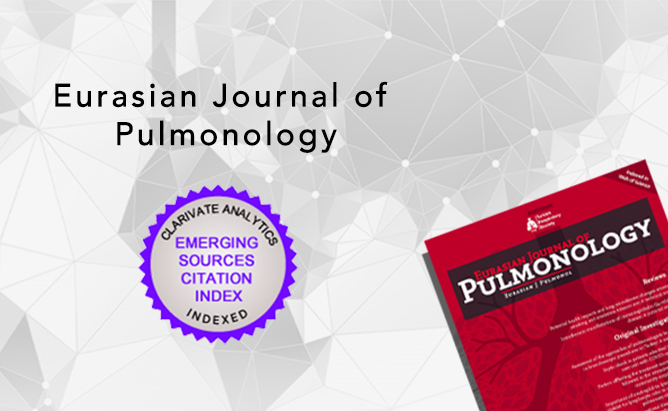2Department of Public Health, Istanbul University-Cerrahpasa, Faculty of Medicine, İstanbul, Türkiye
Abstract
BACKGROUND AND AIM: This study aimed to investigate the effects of inspiratory muscle training (IMT) on sarcopenic individuals, specifically on their inspiratory muscle strength, diaphragm muscle thickness, and exercise capacity.
METHODS: Our study included 20 subjects with sarcopenia (16 males, 4 females). The participants were randomly assigned to a training group (TG) (mean age: 72.80±3.01) or a control group (CG) (mean age: 71.5±2.22). To assess the effectiveness of the eight-week IMT, we measured the maximum inspiratory pressure (MIP), diaphragm thickness, pulmonary function test (PFT), and the six-minute walk test (6MWT) before and after the training. Quality of life was evaluated using the Sarcopenia Quality of Life Questionnaire (SarQoL).
RESULTS: Both the MIP and the 6MWT of the TG increased significantly after the IMT program (p=0.001 and p=0.001, respectively). The TG’s overall SarQoL score and scores for physical and mental health, functionality, fears, and leisure activities demonstrated significant improvements (p=0.007, p=0.014, p=0.042, p=0.004, and p=0.004, respectively). There was no statistically significant change in diaphragm thickness, PFT parameters (including forced expiratory capacity
[FEC], forced expiratory volume in one second [FEV1], peak expiratory flow [PEF], forced expiratory volume in one second/forced vital capacity [FEV1/FVC], and forced expiratory flow between 25−75% of vital capacity [FEF25−75]), or other subscales of the SarQoL (p>0.05).
CONCLUSIONS: The IMT program improved inspiratory muscle strength, exercise capacity, and overall quality of life in individuals with sarcopenia. We recommend that rehabilitation programs for sarcopenic individuals include IMT.




 Eren Özdoğan1
Eren Özdoğan1 




